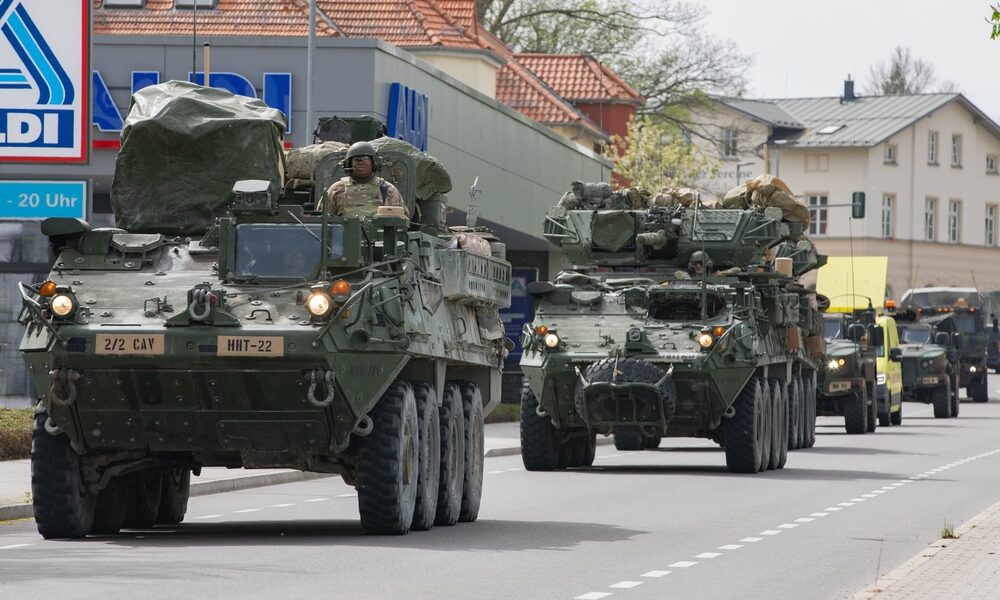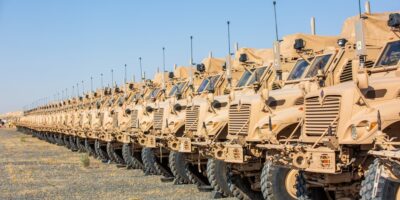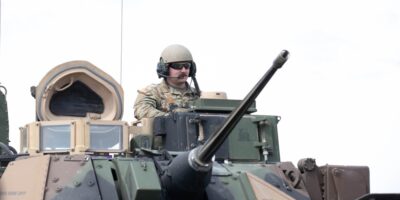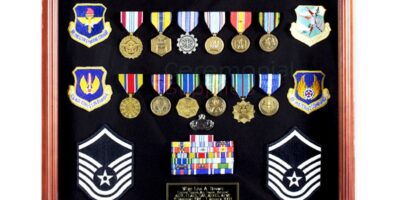Military vehicles are essential tools in the arsenal of any nation’s defense. They range from armored fighting vehicles like tanks and infantry fighting vehicles to logistic transport vehicles such as trucks and troop carriers. The production of these vehicles is a complex process that involves significant expertise, technology, and capital. It is typically handled by a combination of large defense contractors and specialized military vehicle manufacturers, often under the strict guidelines and contracts of national governments.
In the United States, the defense sector is dominated by major defense contractors such as Lockheed Martin, Northrop Grumman, Raytheon, and General Dynamics. General Dynamics, through its subsidiary General Dynamics Land Systems, is particularly notable for its production of armored vehicles, including the M1 Abrams tank, one of the most recognizable and powerful tanks in the world. Another key player is BAE Systems, a British company with substantial operations in the U.S., which manufactures the Bradley Fighting Vehicle.
Apart from these giants, there are other specialized companies that focus solely on manufacturing military vehicles. Oshkosh Defense, for example, is renowned for its production of tactical wheeled vehicles like the Light Tactical Vehicle (LTV) and the Joint Light Tactical Vehicle (JLTV), which are designed to replace older models of Humvees. These vehicles are built to offer better protection and mobility in combat scenarios.
In Europe, the landscape of military vehicle production is equally robust but more distributed. Countries like Germany, France, and the UK have their own established defense contractors. Rheinmetall, a German company, is prominent for its production of armored vehicles and artillery systems. Nexter Systems in France provides various armored vehicles and systems, including the Leclerc tank, a main battle tank used by the French military.
The UK’s contribution to military vehicle manufacturing is led by companies like BAE Systems and Rolls-Royce. BAE Systems not only plays a significant role in the U.S. defense market but also in the UK and global markets, producing a wide range of armored and support vehicles. Rolls-Royce, while better known for its aerospace engines, also supplies power systems for naval ships and submarines.
Russia and China also have large, state-controlled companies that produce military vehicles. Uralvagonzavod in Russia is famous for the T-90 tank and other armored vehicles, while Norinco, a Chinese state-owned enterprise, manufactures various military equipment including tanks and other armored vehicles.
The global arms industry is not just limited to these major producers. Countries such as Israel, Turkey, and South Korea also have burgeoning defense sectors. For instance, Israel Military Industries (IMI) and Rafael Advanced Defense Systems provide a variety of defense solutions, including the Merkava tank, one of the most well-protected tanks globally. Similarly, Turkey’s FNSS and South Korea’s Hyundai Rotem are emerging as significant players in armored vehicle production, supplying both their national militaries and exporting to other countries.
The manufacturing of military vehicles is an intricate dance of engineering prowess, technological advancement, and national security considerations. Each vehicle must undergo rigorous testing to ensure it meets the specific needs of armed forces. Furthermore, the production involves not only the assembly of the vehicles but also the integration of advanced electronics, weapon systems, and armor protection, making it a technologically intensive industry.
In conclusion, the production of military vehicles is a critical aspect of national defense for any country. It involves a mix of large multinational corporations, specialized manufacturers, and state-owned enterprises across various countries. Each manufacturer brings its own unique technologies and capabilities to the table, contributing to a diverse and highly competitive global market. As geopolitical tensions continue to shape global defense strategies, the role of these manufacturers and their innovative military vehicle solutions remains more vital than ever.




Leave a Reply